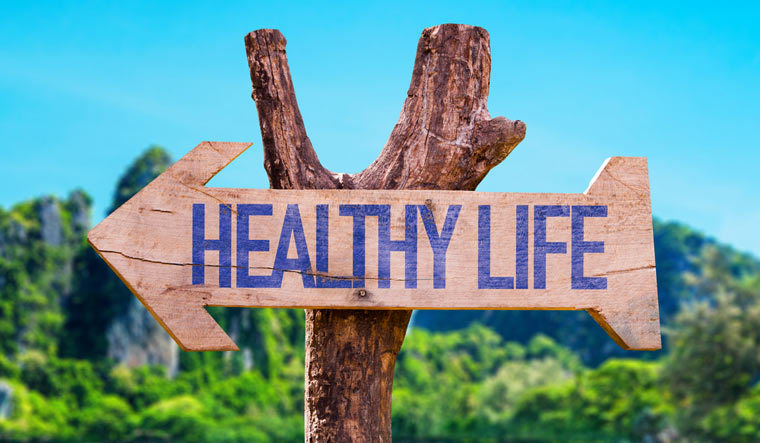Spending as little as 10 minutes in a natural setting may help college students feel happier, and reduce the effects of physical and mental stress, according to a review of studies.
The research, published in the journal Frontiers in Psychology, aims to provide an easily-achievable dosage that physicians can prescribe as a preventative measure against high levels of stress, anxiety, depression and other mental health issues.
"It does not take much time for the positive benefits to kick in -- we are talking 10 minutes outside in a space with nature," said Gen Meredith from Cornell University in the US.
"We firmly believe that every student, no matter what subject or how high their workload, has that much discretionary time each day, or at least a few times per week," Meredith said.
The researchers performed a review of studies that examined the effects of nature on college students aged 15-30.
The aim of the research was to discover the right amount of time students should be spending outside, and what they should be doing while they are there.
The researchers found that the range of 10-50 minutes in natural spaces was the most effective to improve mood, focus and physiological markers like blood pressure and heart rate.
"It is not that there is a decline after 50 minutes, but rather that the physiological and self-reported psychological benefits tend to plateau after that," said Donald Rakow, an associate professor at Cornell University.
While outside, students only need to be sitting or walking to enjoy the positive effects, the two primary activities the researchers examined in an effort to provide accessible recommendations when the results are applied at schools.
"We wanted to keep this access to nature as simple and achievable as possible," said Rakow.
"While there is a lot of literature on longer outdoor programmes, we wanted to quantify doses in minutes, not days," he said.
When it comes to more urban universities, research suggests that adding green elements to a built space can produce the same results, the researchers said.
It is the time spent in nature, not necessarily nature itself, that is beneficial, they said.
"This is an opportunity to challenge our thinking around what nature can be," said Meredith.
The impetus for this work is a movement toward prescribing time in nature as a way to prevent or improve stress and anxiety, while also supporting physical and mental health outcomes, according to the researchers.
They are hoping that when it is applied at universities, it becomes part of the routine and is consumed in regular doses, like a pill.
"Prescribing a dose can legitimise the physician's recommendation and give a tangible goal," said Meredith.
"It is different than just saying: Go outside. There is something specific that a student can aim for," said Meredith.
Many students who are managing psychological issues are looking for non-pharmacological ways of improving their well-being, Rakow said.
"This nature dose is an upstream 'prevention' approach to, hopefully, reduce the number of people getting to the point where a pharmacological approach becomes necessary," he added.



